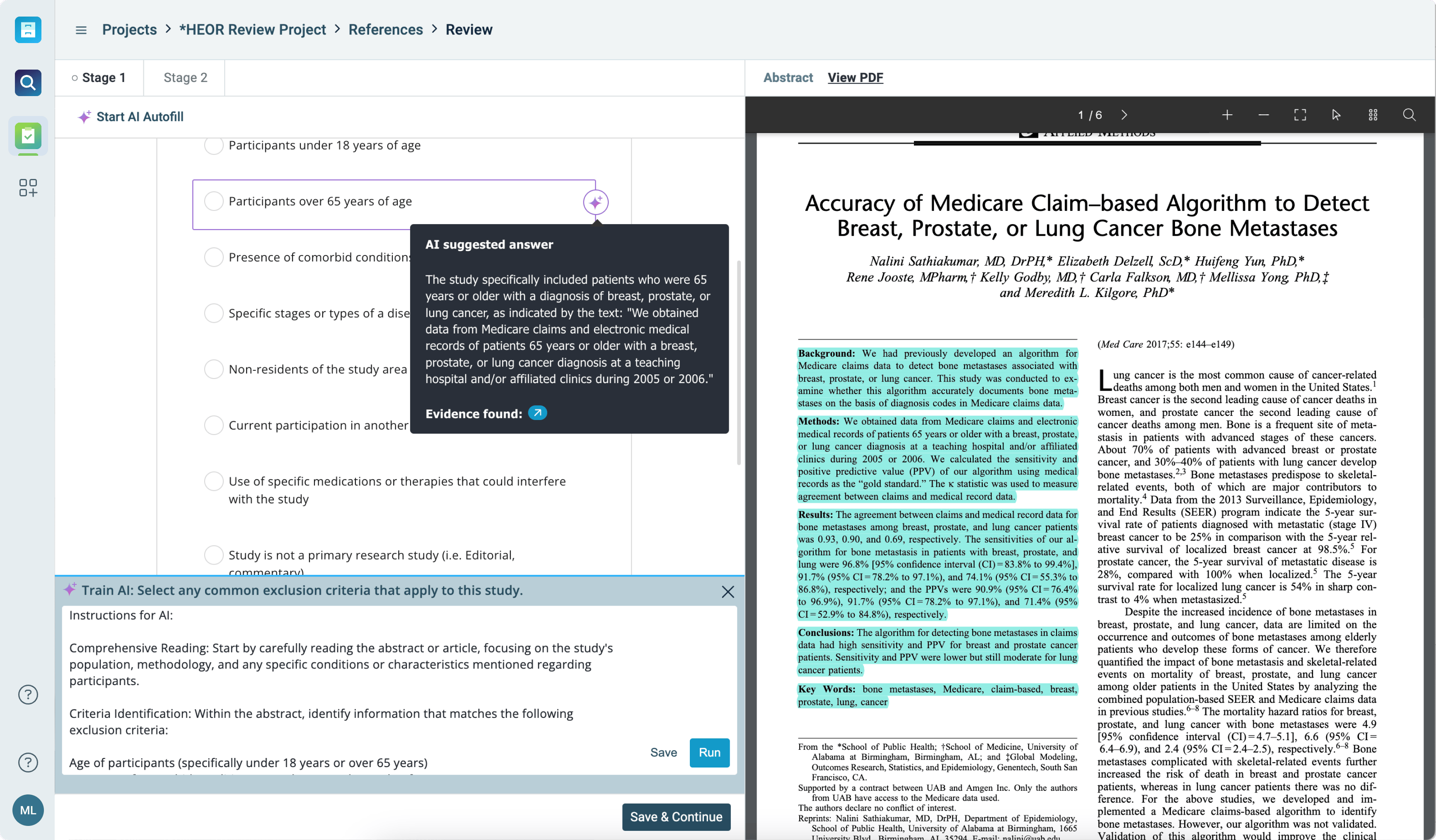Types of AI Agents and Their Applications in Academic Research
AI agents have the potential to revolutionise how researchers approach complex problems and manage information in academic research. These intelligent systems can automate tasks, analyse vast datasets, and even generate hypotheses, significantly accelerating the pace of discovery and innovation.
AI agents can be categorised into different types, based on their capabilities and functionalities. There is overlap in the different types of agents and how they can assist you in your research, but from a top level, here are some types to think about.
1. Model-based Agents
Model-based agents utilise a model of the world to make decisions and take actions. They are particularly useful in simulating complex systems, predicting outcomes, and optimising experiments. For example, a model-based agent could simulate the spread of a disease in a population or predict the impact of a new policy on the environment.
In academic research, model-based agents can be applied to various domains and processes:
- Hypothesis Generation: Model-based agents can analyse existing literature and data to generate novel hypotheses. For example, FieldSHIFT, an in-context learning framework, uses a large language model to facilitate candidate scientific research from existing published studies.
- Literature Review: Agents like those used by Readcube SLR can automate the process of reviewing academic literature, extracting key insights from research papers with ease and precision, as well as continuously monitoring the literature for eg. drug mentions.
- Data Analysis: LAMBDA, an open-source multi-agent data analysis system, leverages large models to address data analysis challenges in complex data-driven applications.

2. Learning Agents
Learning agents, unlike model-based agents, learn from their experiences and adapt their behaviour accordingly. They excel in analysing data, identifying patterns, and generating new hypotheses. In academic research, learning agents can be applied to:
- Literature Review: AI-powered tools like Readcube AI Assistant aid researchers in literature research, discovering and organising academic papers efficiently. These agents can identify top papers in the field, even without perfect keyword matching, and organise them into an easy-to-use table.
- Data Analysis: Learning agents can be used to analyse social behaviour, preferences, and demographic data to understand and why humans act the way we do.
- Experimentation: Learning agents can be used to analyse data from experiments, identify patterns, and suggest new experimental designs. For example, they can be used to analyse data from clinical trials to identify factors that influence treatment outcomes.
3. Hierarchical Agents
Hierarchical agents are organised in a hierarchical structure, with different agents responsible for different tasks. This structure allows for efficient management of complex tasks and coordination of large teams. In academic research, hierarchical agents can be applied to:
- Automated post-publication checks errors and discrepancies: For example, YesNoError combines model-based techniques with a hierarchical, multi-agent framework to effectively detect errors in scientific papers
- Publication: Hierarchical agents can assist in the publication process by automating tasks such as formatting, proofreading, and submission. Something that Overleaf and Writefull can assist with.
- Experimentation: In complex experiments involving multiple steps and variables, hierarchical agents can coordinate different aspects of the experiment, ensuring efficient execution and data collection.
The future of AI agents in academic research is promising. Ongoing research focuses on enhancing their reasoning capabilities, improving their adaptability, and ensuring their ethical and responsible use. As AI agents continue to evolve, the speed at which we move further, faster in academic research will accelerate.